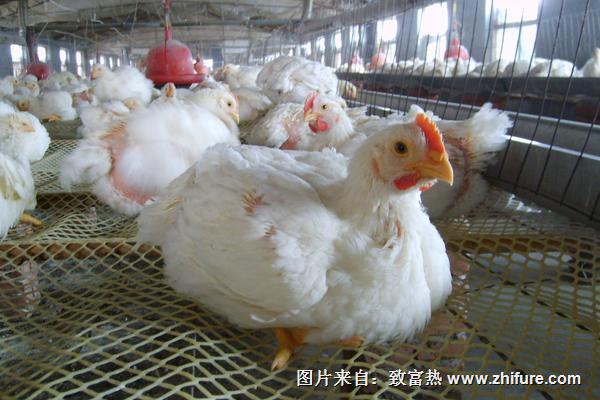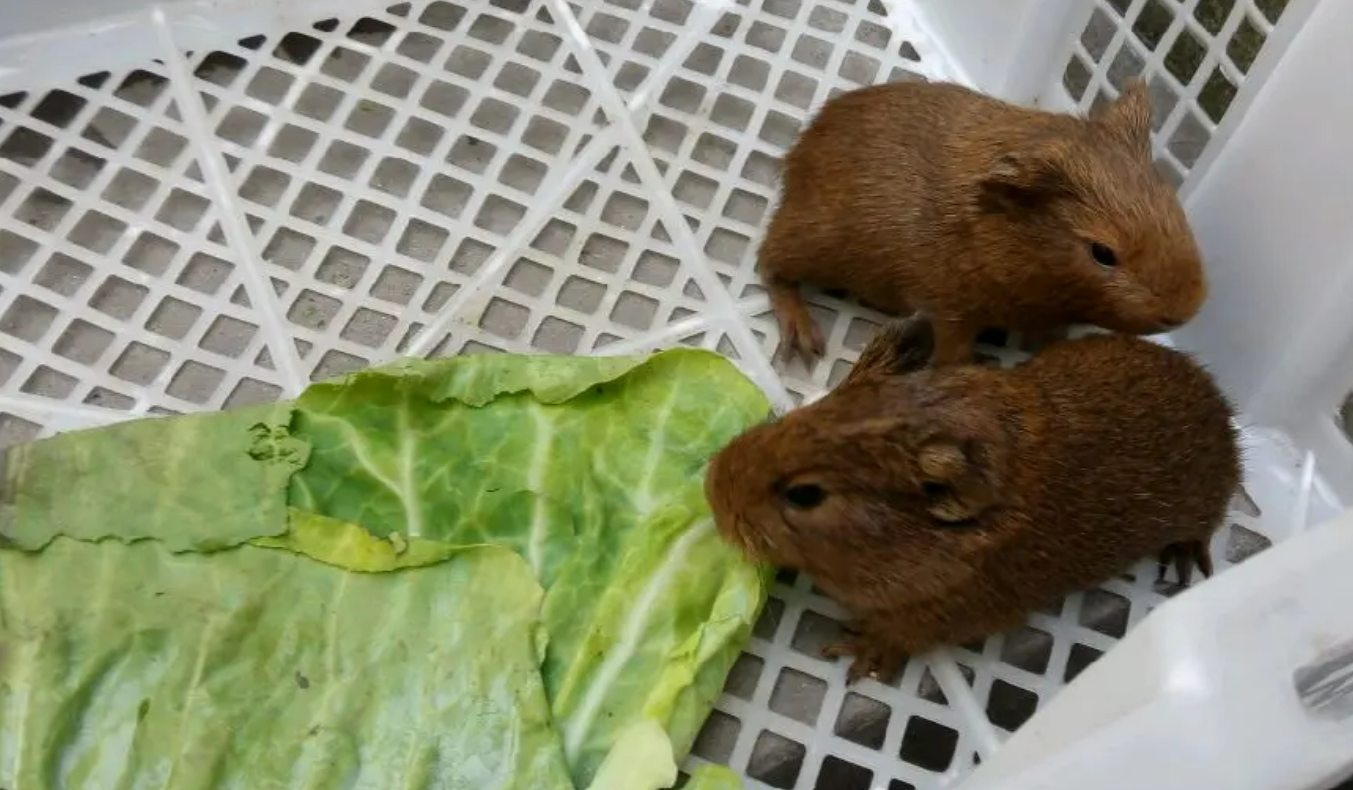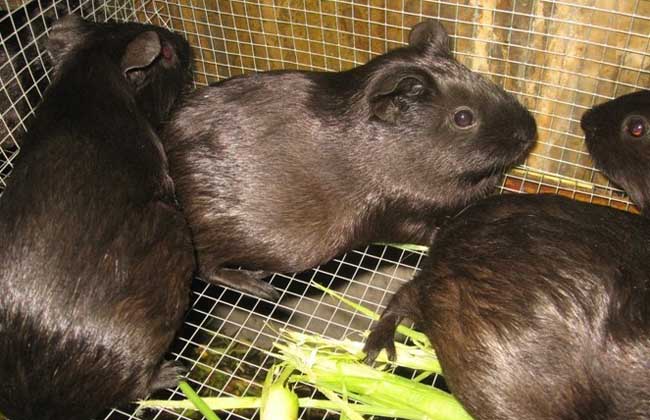
CANADA - The Manager of Quality Assurance and Animal Care Programs with Manitoba Pork says biosecurity protocols being used to deal with PED will also assist in reducing the risk of exposure to Seneca Virus A, writes Bruce Cochrane.The most pertinent swine disease issues in Manitoba are Porcine Epidemic Diarrhoea (PED) and Seneca Virus A.Mark Fynn, the Manager of Quality Assurance and Animal Care Programs with Manitoba Pork, told the Organization's Fall Meetings last week, five new cases of PED have been confirmed on farm since May and Seneca Virus A, detected in Ontario, has resulted in eight truckloads of sows being rejected at the border.
布鲁斯·科克伦(Bruce Cochrane)写道,据曼尼托巴省猪肉协会的质量控制与动物保健项目尽职人称,用于处理猪流行性腹泻病的生物安全协议还将帮助减少接触塞内病毒A(Seneca Virus A)的风险。猪流行性腹泻病与塞内病毒A是曼尼托巴省最为亲切的养猪疾病问题。加拿大曼尼托巴省猪肉协会的质量控制与动物保健项目尽职人马克·费恩(Mark Fynn)上周在协会的秋季会议上谈道,“自五月开始在养殖场就有五个新的猪流行性腹泻病情发生,塞内病毒A在安大略省检测出来后,导致了八辆母猪运载卡车被拒绝入境。”





